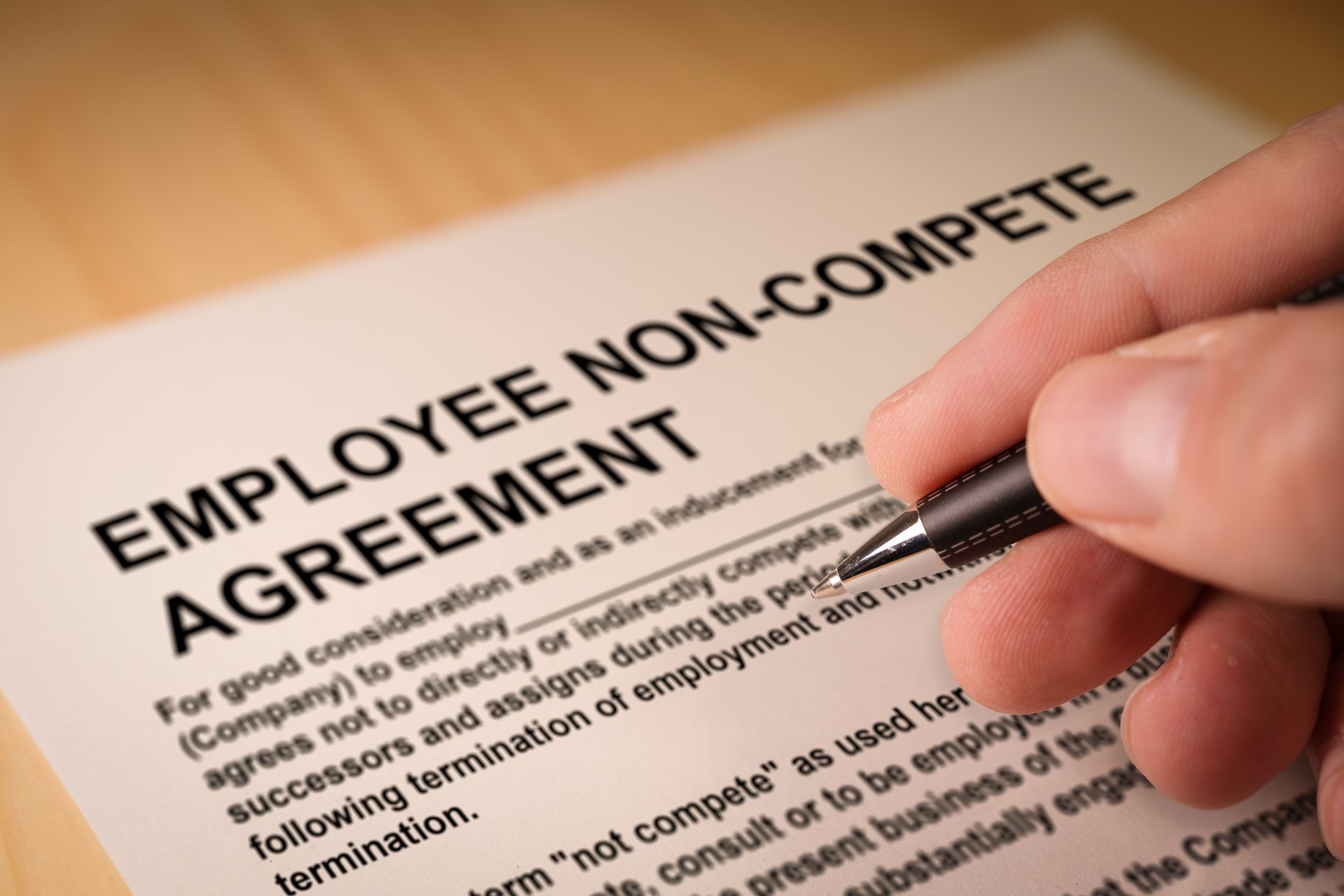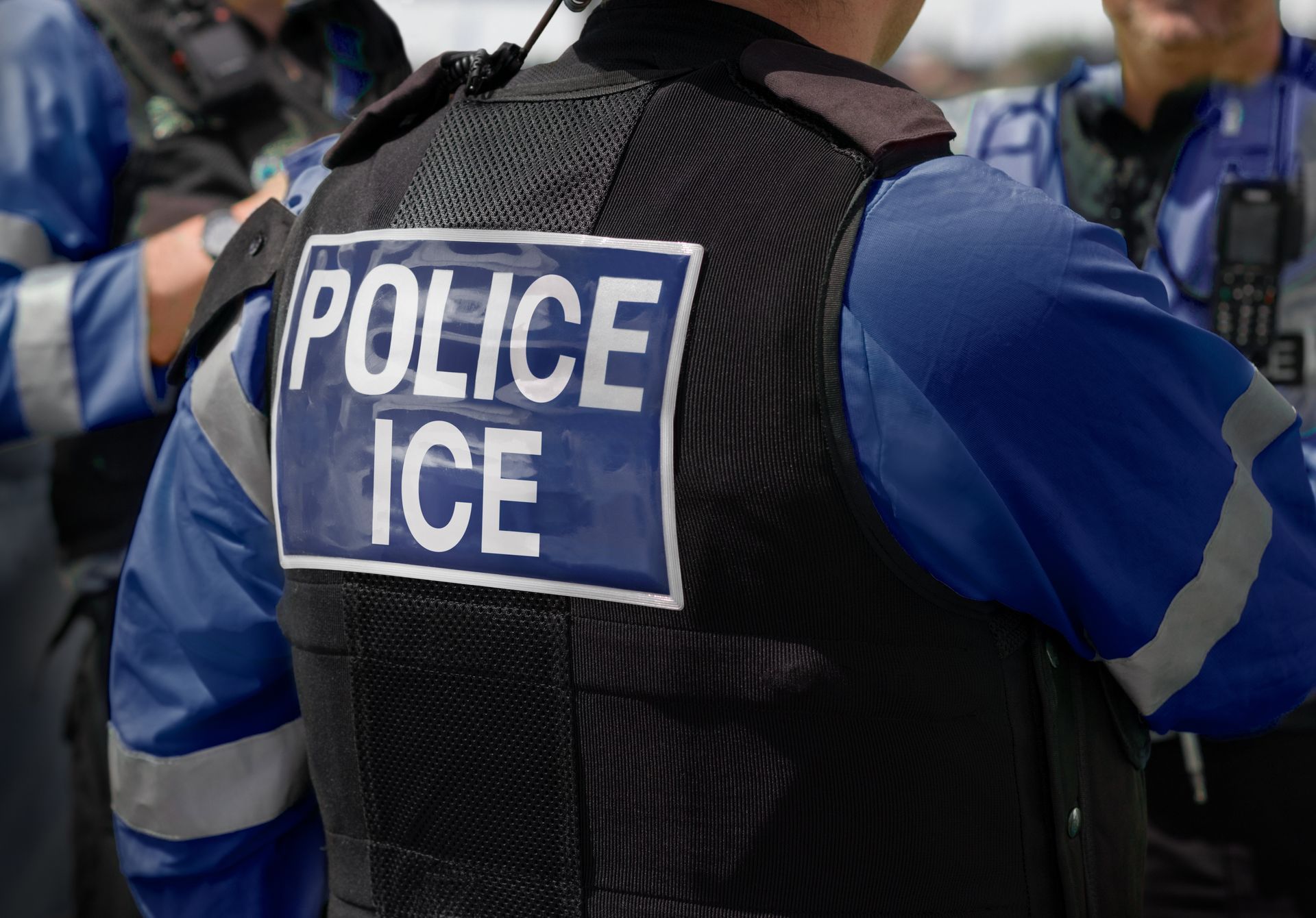Labor trafficking is a serious issue that affects people across the world, including here in the state of Minnesota. The state has put in place laws and regulations to address labor trafficking to protect victims and hold perpetrators accountable for their actions.
Minnesota’s commitment to eradicating labor trafficking is evident in its dedicated approach, which includes not only legal measures but also support systems for survivors and initiatives to raise awareness within communities throughout the state of Minnesota.
The record number of migrants at our nation’s southern border, as well as a spate of high-profile horror stories of child labor law violations, has resulted in increased interest in labor trafficking. The sad truth is there are literally hundreds of thousands of migrant children in their early teens working full-time or more – often in the factories of large, well-known brands – instead of going to school and living like normal kids.
These workers are essentially indentured, with “sponsors” pocketing their paychecks to pay off the “debt” they accrued (i.e., the price human smugglers charge migrants) to reach freedom in the United States.
What Is Labor Trafficking?
Labor trafficking is the exploitation of an employee in the workplace. This type of work often involves harsh or dangerous conditions, long hours and extremely low pay. Force, fraud and coercion are three factors that play a role in labor trafficking.
Minnesota has a well-earned reputation for midwestern politeness and a national image of (borderline cloying) niceness. While our state has countless positive attributes, we shouldn’t turn a blind eye to the suffering here. The Minnesota Human Trafficking Task Force , established in 2006, has a clear mission to combat human trafficking in our state.
If you are a victim of human trafficking or you believe you have seen a trafficking situation, don’t hesitate to call the Minnesota Bureau of Criminal Apprehension at 1-877-996-6222, the National Human Trafficking Hotline at 1-888-373-7888 or text HELP to 233733.
Minnesota’s Approach
Minnesota has developed many ways to combat labor trafficking in the state. This includes the Safe Harbor Law, criminal penalties and support services for victims.
Safe Harbor Law
This law recognizes that many victims of labor trafficking are young, and they might end up in the commercial sex trade due to their exploitation. The law shifts the focus from punishing these young victims to providing them with support and services to get them somewhere safe and restore some sense of normalcy to their childhood. This allows victims to move toward a better future.
Criminal Penalties
In Minnesota, those involved in labor trafficking face serious consequences, including up to 15 years in prison and fines of up to $30,000. Prison sentences increase to 20 years and fines increase to $40,000 per count if the trafficked individual is a minor.
In many of the recent examples of trafficked migrants, perpetrators may think to use consent as a defense. In other words, the person they trafficked for labor wanted to escape their situation in their home country. Minnesota statute specifically forbids consent, or the age of a victim, from being used as a defense against the charges.
Support and Services
Minnesota offers various services and support to labor trafficking victims. Examples include the Minnesota Human Trafficking Prevention and Response Network and the Safe Harbor Labor Trafficking program. Victims of labor trafficking seeking shelter, legal assistance and access to medical care and counseling should also visit the Minnesota Human Trafficking Task Force’s agencies page for links and contact information. These services are essential for helping survivors rebuild their lives and regain their independence.
Training and Awareness
The Minnesota Human Trafficking Task Force actively educates the public, law enforcement and other professionals about the signs of labor trafficking and how to report and address these cases. Raising awareness is important for identifying victims and getting them the help they deserve.
The Impact of Minnesota’s Labor Trafficking Laws
In 2005, Minnesota passed Statute 299A.785 , which required the state’s Department of Public Safety to begin tracking trafficking in Minnesota and compiling annual studies. You can find the reports the department submitted to the Minnesota legislature here. You can find the latest data for Minnesota, currently from 2021, on the National Human Trafficking Hotline’s website.
The report identified a decrease in trafficking cases, with 235 cases reported to law enforcement in 2020 compared to 287 in 2019. Of those 235 cases in 2020, 166 were sex trafficking and 69 were labor trafficking. Only 47 perpetrators were charged with trafficking in Minnesota in 2020.
Unfortunately, much of the tracking is based on “substantive signal data”, which essentially means verified tips that potentially lead to the rescue of trafficked individuals and the prosecution of traffickers. While any lives saved are a positive, it also represents only the tip of the iceberg. There is undoubtedly far more below the surface and limited resources being dedicated to helping this underrepresented group of individuals.
This is why community awareness and vigilance are so important. If you believe you’ve witnessed trafficking, please contact the Minnesota Bureau of Criminal Apprehension at 1-877-996-6222.
Get Paired With an Experienced Minnesota Lawyer Today
Minnesota is committed to fighting labor trafficking and protecting the rights and well-being of vulnerable individuals. The state has implemented comprehensive laws, support services and awareness initiatives to make a difference.
If your employer is taking advantage of trafficked labor, our referral advisors at Minnesota Lawyer Referral and Information Service (MNLRIS) can help you find a workers’ rights and civil rights attorney. Give us a call at (612) 752-6699 to find an attorney today.
The post Understanding Labor Trafficking Laws in Minnesota first appeared on Minnesota Lawyer Referral and Information Service.




